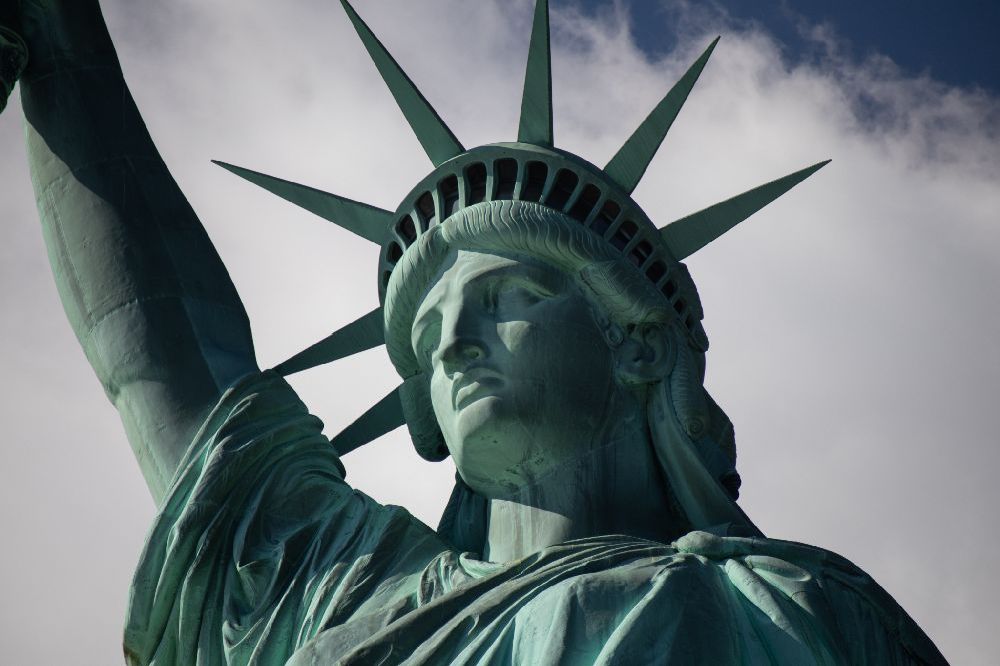“Picturing Democracy” is a series of programs designed to encourage critical thinking about American democracy. SC Humanities partnered with the College of Charleston in 2021 to offer three programs about the role of imagery in American democracy and how both information and misinformation can be spread through images. In 2022 – 2023, SC Humanities is partnering with Clemson University to offer four additional programs focusing on different aspects of politics, the constitution, and democracy.
On March 2, 2023, Clemson will feature a hybrid program on “Picturing Democracy: Primaries, Participation, and Redistricting.” Join Dr. Karen M. Kedrowski (Director of the Carrie Chapman Catt Center for Women and Politics and Professor of Political Science at Iowa State University) and Dr. John T.R. Holder (Professor of Political Science at Winthrop University) as they discuss presidential primary calendars and how Iowa caucuses differ from the South Carolina primary, as well as the decennial reapportionment and redistricting process.
The program will take place on Thursday, March 2 at 4:00 p.m. at the Hendrix Student Center McKissick Theater or virtually. More information about the event and the registration link for Zoom is available here: https://calendar.clemson.edu/event/picturing_democracy_primaries_participation_and_redistricting#.Y-0xQXbMK71.
“Picturing Democracy” is a part of a national initiative spearheaded by the Federation of State Humanities Councils titled “Democracy and the Informed Citizen.” Funding was provided by The Andrew W. Mellon Foundation. This event is planned and organized by the Department of Political Science and Clemson Votes. Learn more about previous events in the “Picturing Democracy” series here: https://schumanities.org/picturingdemocracy/.
The mission of SC Humanities is to enrich the cultural and intellectual lives of all South Carolinians. Established in 1973, this 501(c) 3 organization is governed by a volunteer 21-member Board of Directors comprised of community leaders from throughout the state. It presents and/or supports literary initiatives, lectures, exhibits, festivals, publications, oral history projects, videos and other humanities-based experiences that directly or indirectly reach more than 250,000 citizens annually.
